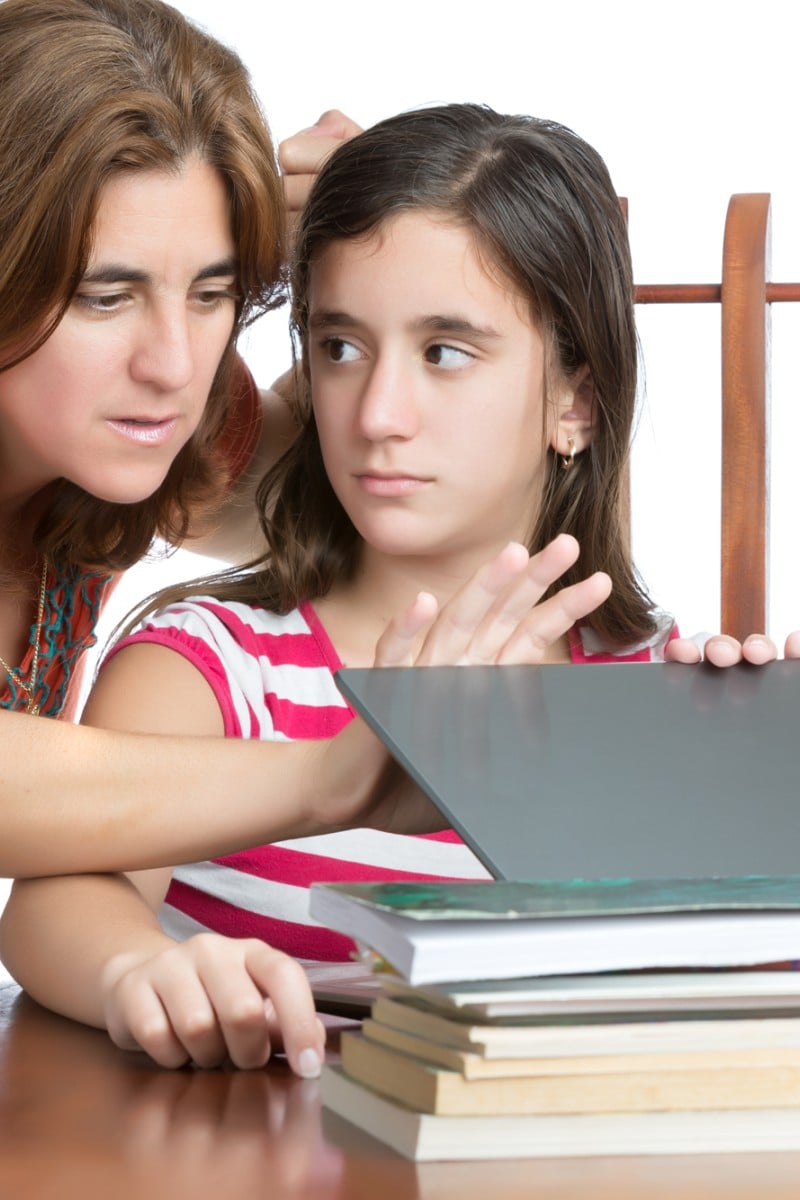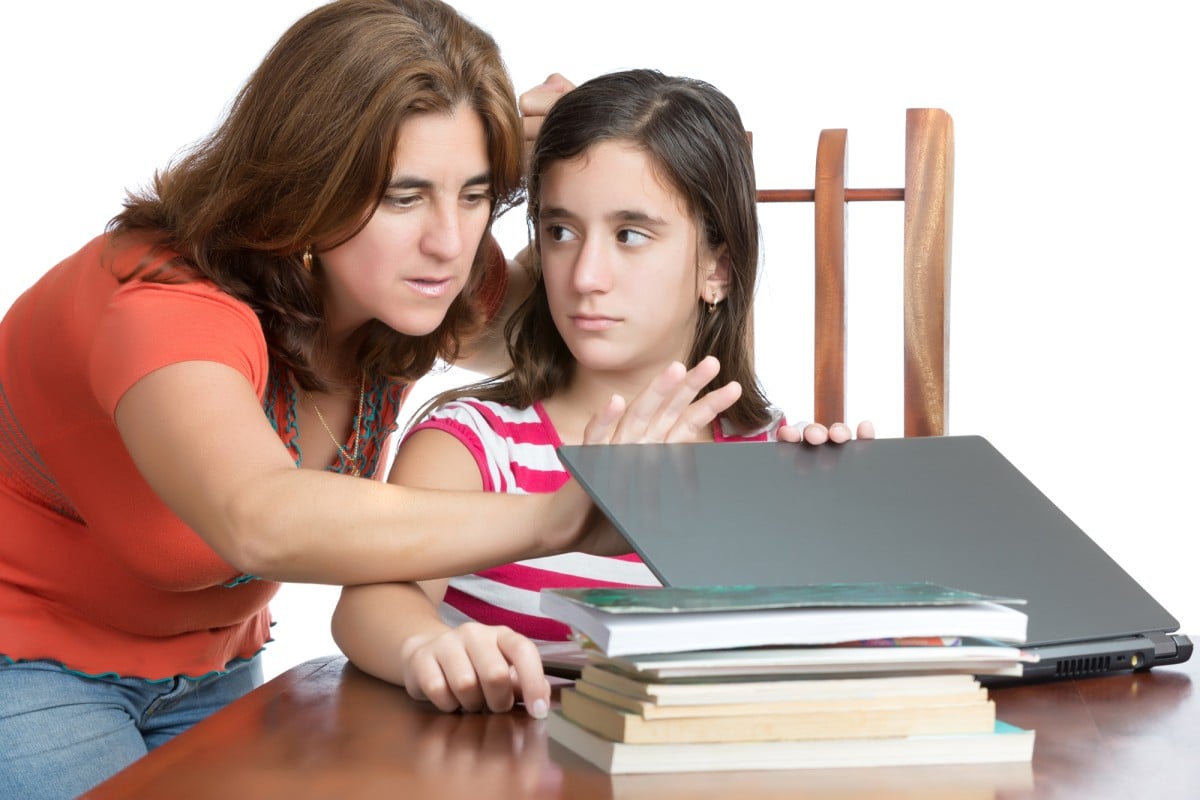
Face Off: Should teenagers have privacy rights?
Each our two teenagers will debate a hot topic.This week

Rai Anna-L, 16, St Margaret's Girls' College
I think many adults worry: if teenagers had privacy rights, what skeletons would they hide in their closet? And adults' concerns are not groundless, considering the never-ending string of teen scandals: drugs, compensated dating, alcohol, and much more. However, not giving teens privacy on the pretext of it being for our own safety might not be the wisest choice.
The teenage years are a period when almost everyone goes through a process of self-discovery. We are desperately trying to be more independent. Therefore, we need the space to take this journey without it being invaded by others - some lessons in life are better learned through experiences and mistakes than taught by words.
Constant supervision of our daily events will only suffocate our growth. Of course, the right to privacy doesn't mean we want no guidance in our lives. It simply means that the reins of control are in our hands, while adults act as advisers.
Trust is a crucial foundation of all relationships. Infringing on a teen's privacy might be interpreted as a sign of mistrust. Not only does it put a strain on relationships, we could end up isolating ourselves even more from our parents, in a show of defiance.
Snooping around won't do the trick, either. The only solution is to respect our privacy and establish a sense of trust through constant interaction. By doing so, adolescents will choose to share information that would otherwise be taken by force without our knowledge.
So, are teenagers entitled to privacy rights? I do honestly believe giving us privacy rather than not is the lesser of the two evils. My answer is definitely yes.
Dhruv Singh, 17, YMCA of Hong Kong Christian College
In an ultra-modern and high-tech place like Hong Kong, almost every second teenager has a smartphone and we are absorbed in online activity. But dangers lurk in the forms of predators, cyber bullies, and so on.
Parents are right to be vigilant about their children's online activity, and protect them from bad things and experiences. If teenagers are given privacy rights, we may end up in serious trouble which could damage our reputations or even leave us psychologically scarred for life.
However, we often protest against our parents poking their noses in our affairs. Many parents consequently face resistance and bad behaviour.
Teenagers often wrongly assume that what happens in our rooms and drawers should be our own private business. We should not forget that we are dependent on parents, and are their responsibility. If something bad happens to us, the whole family would suffer.
Parents, and society at large, have the rightful responsibility to safeguard innocent children, and provide them with a healthy environment to blossom into mature and happy adults.
The key to this privacy debate is a harmonious parent-child relationship where parents caringly and gently handle the children while children also have the empathy that their parents hope for.
Privacy rights for teenagers that may involve the risks of irreparable damage cannot be handed out. Teenagers should have a little more patience. Privacy will come our way eventually, as we mature enough to fully take care of ourselves. Until then, we should understand that privacy is not a right: it is a privilege given to us when we prove ourselves trustworthy and honest.
If you're interested in debating for Face Off, email Heidi with "Face Off application" in the subject at [email protected]